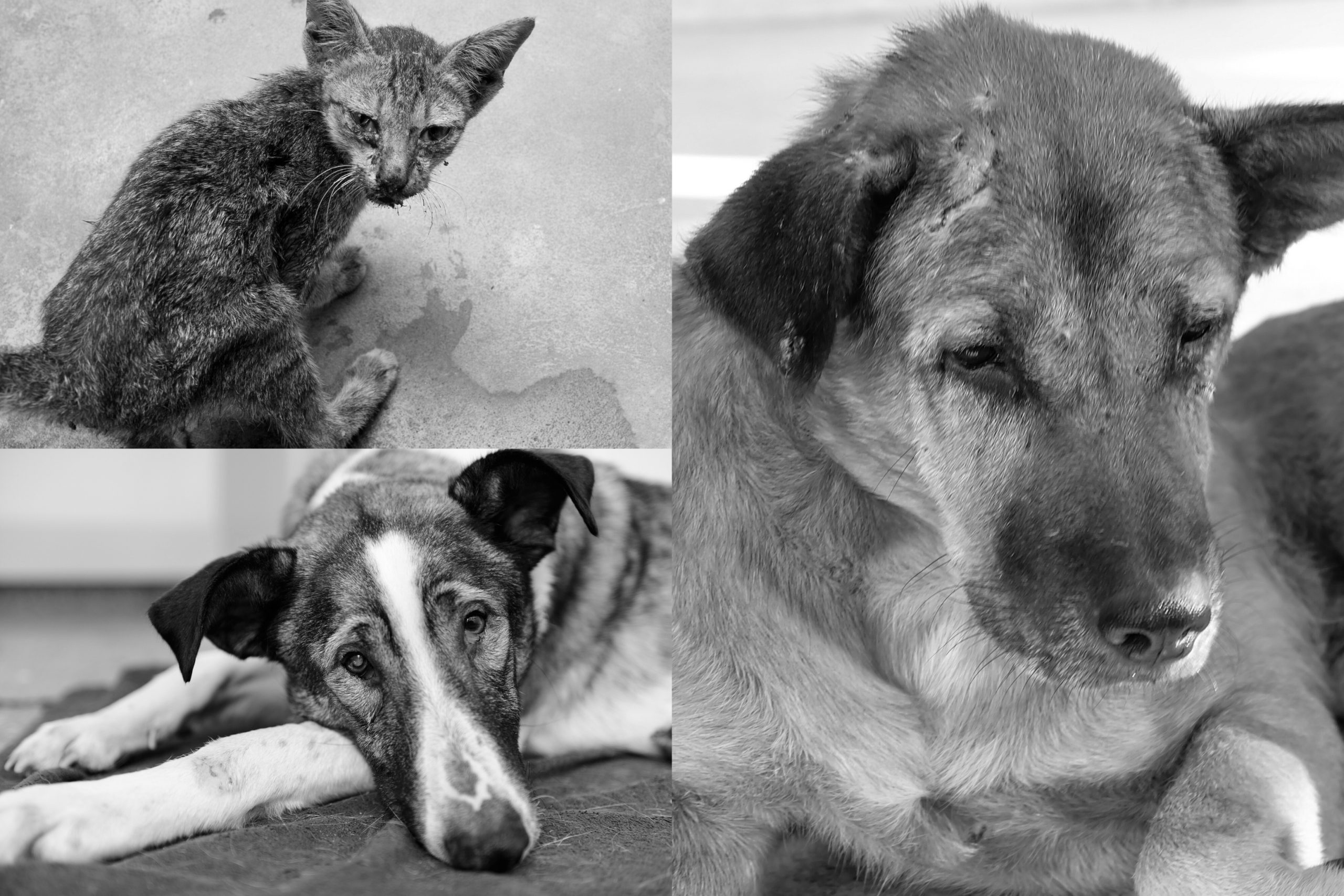
The Severity of Animal Abuse and the Importance of Rehabilitation
Animal abuse is a pervasive issue, impacting the lives of countless animals worldwide, with dogs and cats being among the most common victims. In 2023, studies indicated that nearly 70% of animal cruelty cases involved dogs, followed by 20% involving cats. The emotional and physical toll on these animals is profound, with many suffering lasting trauma, malnutrition, and severe injuries. Animal cruelty is often rooted in psychological issues, impulsive aggression, and poor impulse control, requiring not only punitive measures but rehabilitative solutions to break this cycle.
Animal cruelty doesn’t occur in isolation; it often correlates with a range of social and psychological issues. Individuals who abuse animals often struggle with impulse control, anger management, or deeply rooted behavioral problems. Studies reveal that abusive individuals are five times more likely to have aggression issues and are often disconnected from healthy emotional expression. Many perpetrators have experienced trauma themselves, and their inability to cope or channel their emotions healthily can lead to violent outbursts directed at vulnerable beings.
The Psychology of Animal Abusers
Animal abusers often display traits of impulsive aggression. Psychologists have found links between animal abuse and certain psychological disorders, including antisocial personality disorder and conduct disorder. Lack of empathy, high impulsivity, and low tolerance for frustration contribute to a mindset where animals are viewed as objects to dominate or harm. Abusers may project their frustrations onto animals, using them as an outlet for uncontrolled anger. Additionally, a lack of positive role models and support during formative years can leave individuals without the tools to control negative impulses or recognize cruelty as unacceptable.
In cases where animal abuse becomes habitual, therapy has been shown to help individuals unlearn harmful behaviors. Programs like Applied Behavioral Sciences (ABS) are crucial for teaching impulse control, managing anger, and developing empathy for all living beings. Through cognitive-behavioral therapy (CBT), abusers can identify the thought patterns that lead to abusive actions, learn healthier coping mechanisms, and cultivate respect for animals’ wellbeing.
Serial Animal Abuse and the Need for Intervention
Serial animal abuse cases are stark reminders of the need for early intervention. High-profile cases, such as those involving perpetrators who repeatedly hurt animals before escalating to other violent acts, underline the importance of identifying cruelty early. For instance, research on violent criminals, including well-known serial offenders, reveals that 43% had a history of animal abuse in childhood or adolescence. This progression highlights animal abuse as an early indicator of potentially dangerous behaviors, necessitating urgent intervention.
In another case, “The Link” study, which connected animal abuse with family violence, found that 71% of domestic violence victims reported that their abuser also targeted their pets. This chilling pattern underscores how animal abuse is frequently symptomatic of broader violent tendencies. Without treatment, abusive behaviors can escalate, impacting not only animals but human lives as well.
How Therapy and ABS Can Help Abusers
Rehabilitating individuals who have been cruel to animals requires a multi-pronged approach involving anger management, impulse control, and empathy-building exercises. Therapy through ABS, which specializes in behavioral corrections, can be life-changing. Therapists work closely with individuals to address underlying psychological issues, teaching them how to recognize harmful impulses and substitute aggressive responses with constructive ones.
For animal abusers, therapy is designed to address the root causes of their cruelty. Through anger prevention training, they learn to manage feelings without resorting to violence. Impulse control exercises help them to slow down and make thoughtful decisions, breaking the cycle of impulsive harm. Empathy exercises, including direct involvement with animal care in supervised settings, encourage individuals to view animals as beings worthy of respect and compassion.
The Path Forward
Addressing animal abuse is not only about punishing offenders but about recognizing abuse as a symptom of larger issues. Programs like ABS provide a rehabilitative path, offering support to individuals struggling with anger and impulse control issues. For those who have caused harm, therapy provides an opportunity to heal and change, enabling them to redirect their lives toward compassion and away from cruelty. Only by addressing the mental and emotional issues at the core of animal abuse can society hope to reduce its prevalence and protect vulnerable animals.
Animal abuse is a clear indicator of deeper psychological struggles, and effective intervention has the potential to transform lives—for both the animals and their abusers. ABS’s approach, grounded in empathy and behavioral therapy, offers a proven path forward, ensuring that individuals who have once acted cruelly can be guided to a healthier, more compassionate outlook. By recognizing the gravity of animal abuse and addressing it head-on, we can create a world where animals are respected and protected from harm.
To make a referral to or to speak to a therapist at ABS an appointment can be scheduled at ABSbehavioralhealth.com or call 1800-574-9ABS
